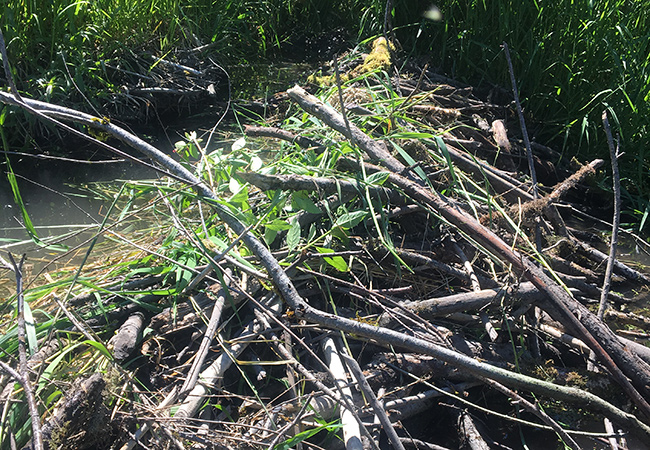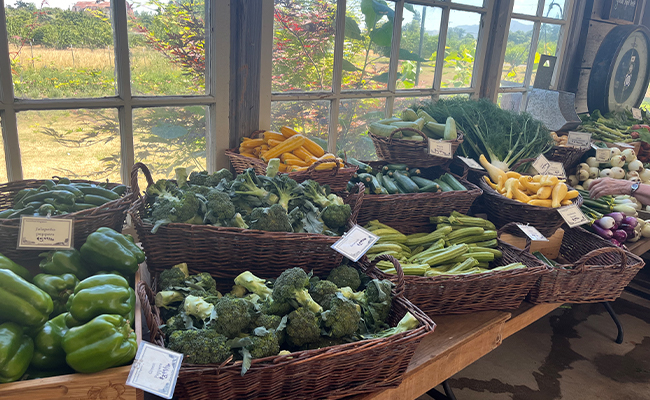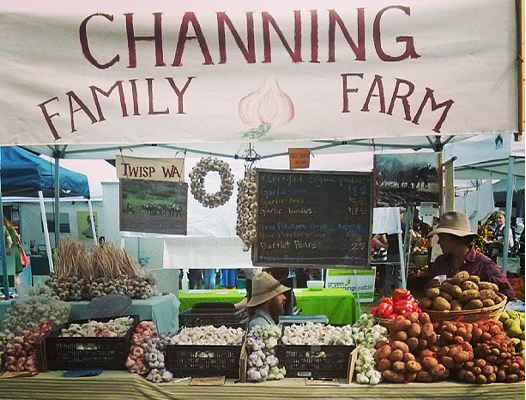Looking To Nature

Farm News
There is no denying we are in the midst of dire climate change alerts and as we move into 2019, many folks are mapping out their own personal agendas for making a difference in a positive way. The reality is that we all know we can make a difference on multiple levels. We can easily engage in climate-friendly actions like cutting back on the petrochemical dependencies to always choose organic, to reducing our carbon footprints by choosing to eat locally, and reducing food waste over all. These are but a few things on the extensive and growing list of little changes we can make, and any small changes in cutting back the greenhouse gas emissions can be a commitment for healthy, lifelong values for our shared environment.
On our farm, we have access to amazing natural teachers in all of these areas and yet historically, they have been vilified and condemned as agriculture rodent nuisances that worsen the floods and eat our crops. This year after reading and receiving the gift of Ben Goldfarb’s book, Eager: The Surprising, Secret Life Of Beavers And Why They Matter, we looked to challenge and observe how much we can learn from the beavers and instead of spending so much time trying to deter them, perhaps we should embrace at a more core level their special abilities of conservation. As the book reveals, “beavers are environmental Swiss Army knives, capable of tackling just about any ecological dilemma. Trying to slow down floods, filter out pollution, capture more water for agriculture in the face of climate change, erosion, salmon loss, and wildfires, take two beaver families and check back in a year.”
Sometimes our greatest challenges are our historical mistakes and learning to recognize a different path. When you are in the garden on a micro level trying to keep the slugs and snails from eating your lovely vegetables, and we on the farm are at a more macro level, trying to keep the beavers, elk and cucumber beetles from eating our crops—why not start to see them as helpers for our climate change agendas? Why not start looking at them and the way they sustainably engineer, re-purpose, protect and defend their ecosystem as our teacher allies in this climate crisis? It is not enough to just be organic and local— it is time to be biologists, acknowledging that the best thing we can do for many species and landscapes is let go of the dominance and add more humility and observation.
Don’t forget to find us on Instagram @fullcirclefarms.
– Wendy


Leave a Reply